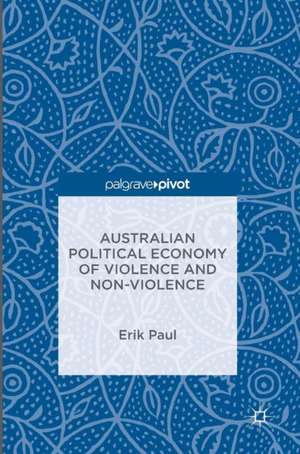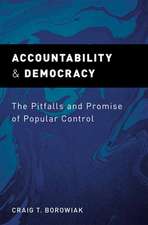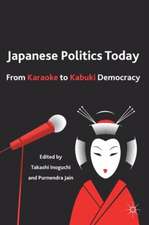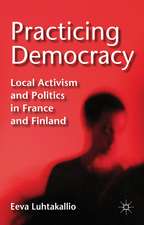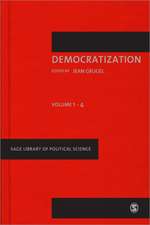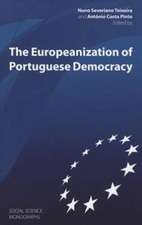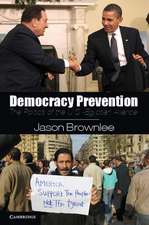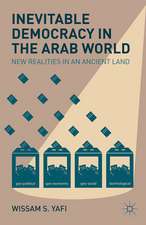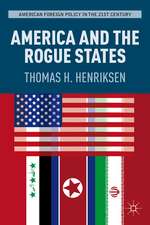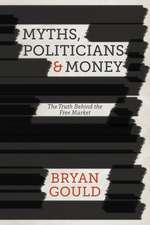Australian Political Economy of Violence and Non-Violence
Autor Erik Paulen Limba Engleză Hardback – 3 iun 2016
Preț: 381.98 lei
Nou
Puncte Express: 573
Preț estimativ în valută:
73.10€ • 75.42$ • 61.87£
73.10€ • 75.42$ • 61.87£
Carte tipărită la comandă
Livrare economică 04-18 martie
Preluare comenzi: 021 569.72.76
Specificații
ISBN-13: 9781137602138
ISBN-10: 1137602139
Pagini: 86
Ilustrații: X, 114 p.
Dimensiuni: 148 x 210 x 12 mm
Greutate: 0.27 kg
Ediția:1st ed. 2016
Editura: Palgrave Macmillan UK
Colecția Palgrave Macmillan
Locul publicării:London, United Kingdom
ISBN-10: 1137602139
Pagini: 86
Ilustrații: X, 114 p.
Dimensiuni: 148 x 210 x 12 mm
Greutate: 0.27 kg
Ediția:1st ed. 2016
Editura: Palgrave Macmillan UK
Colecția Palgrave Macmillan
Locul publicării:London, United Kingdom
Cuprins
Chapter 1: Violence.- Chapter 2: Corporatism.- Chapter 3: Commodification.- Chapter 4: Enemies.- Chapter 5: Alienation.- Chapter 6: Non-Violence.- Chapter 7: Heterodoxy.- Chapter 8 Justice.- Chapter 9: Human Rights.- Chapter 10: Convergence.- Chapter 11: Struggle for Democracy.-
Recenzii
“The book comprises eleven essays on themes at the interface of political economy and peace studies. … this strong analysis of contemporary social problems makes a powerful case for pursuing a non-violent and more peaceful political economic alternative.” (Journal of Australian Political Economy, Issue 79, 2017)
Notă biografică
Erik Paul is Vice President of the Centre for Peace and Conflict Studies (CPACS) at the University of Sydney, Australia. He is a highly experienced lecturer and much-published researcher specialising in Australia’s relations with the Asia-Pacific and issues of regional and world peace. His latest book is Australia as US Client State.
Textul de pe ultima copertă
This book is the first to establish the nature and causes of violence as key features in the political economy of Australia as an advanced capitalist society. Australia’s neoliberal corporate security state in seen to represent the emergence of a post-democratic order, whereby minds and bodies are disciplined to the dominant ideology of market relations. Locating questions of the democracy and of the country’s economy at the heart of Australia’s political struggle, the author elaborates how violence in Australia is built into a hegemonic order, characterized by the concentration of private power and wealth. Identifying the commodification of people and nature, the construction and manipulation of antagonisms and enemies, and the politics of fear as features of a new authoritarianism and one-party-political state, Erik Paul explores alternatives to the existing neoliberal hegemonic order. Positing that democratization requires a clearly defined counter-culture, based on the political economy of social, economic and political equality, the book draws out the potential in non-violent progressive social movements for a new political economy.
